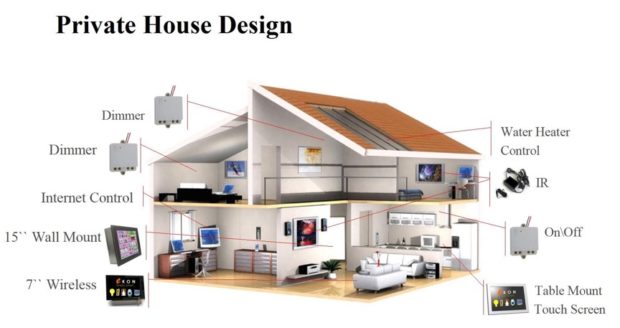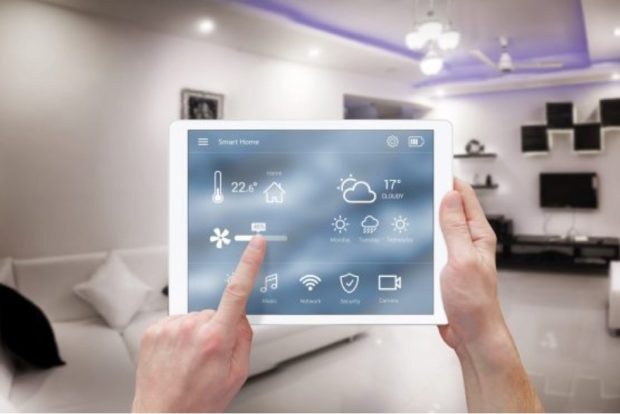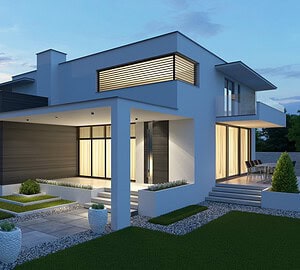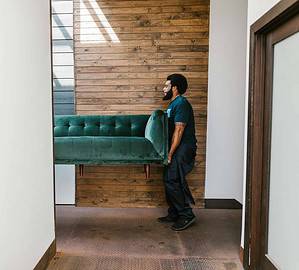Smart homes are what can finally give us what has so far only been seen in science fiction – the ability to have our house completely working for us, to the extent that it has a hot cup of coffee waiting for us when we reach the kitchen after getting up in the morning. Smart homes are not only capable of working without much in the way of direct input, but they are also capable of shutting themselves down too – many people who have smart homes love the fact that they can control the house remotely means that they no longer have massive bills as a result of leaving the lights on accidentally – if they leave the lights on, they can switch them off remotely. Newer smart homes also allow homeowners to turn their security systems off and on remotely.
This kind of automation is possible through the introduction of linear actuators into home automation as a whole, jump-starting the move into automation which was more complicated than TV lifts and automatic blinds. Linear actuators proved that home automation could be more than what it had been before.

Do your Research
There’s so much home automation out there, and smart homes can do so many things now, that starting this kind of project without doing any research would be a huge mistake. Ask yourself questions about what you want out of a smart home, and what kinds of progressive automations do you want? Would you like a house which does everything but pour your coffee for you in the morning, or would you prefer one which had a state-of-the-art security system? Would you like both? Would you like to try home automation out before you really have to commit to either way?
Other important considerations are of course, your budget, and your timeline for having these things done.
Talk to Professionals
Going the smart home route alone can be difficult, if not impossible. Talking to someone who knows what they are doing when it comes to smart homes can be helpful to anybody, not just to people who are working on their smart home for the first time ever – it allows them to bounce ideas off someone who has more experience than they do, and who can give them a clearer idea of how certain ideas might or might not work overall.
Work your Way Up
It might be tempting to start off by simply having everything done at once, so that you have a complete smart home when the work is finished, but this is not the best way to go about things. Even if you want to end up with a fully automated home, start small, and work your way up to the big things. Your bank account will thank you, and it will be much easier to get used to the home automation if it is introduced gradually.
Enjoy the Benefit
There are a lot of benefits to having home automation, over and above coming downstairs to find your coffee already made for you: many of the more common automated devices can save you money in the long run. Being able to control your thermostat remotely, for example, means that you never need to worry about leaving the heating on again, which can be a huge money-saver.




